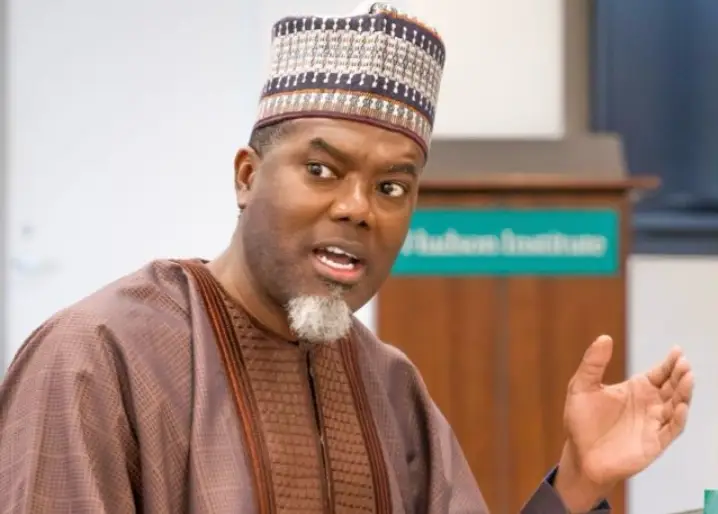CurrentReport Blog Reno Omokri, a renowned socio-political analyst and writer, has proposed that Nigeria adopt a multiple minimum wage system similar to the United States. Omokri made this recommendation on Saturday via his official X (formerly Twitter) account in response to the ongoing debate about the country’s minimum wage structure.
The discourse surrounding Nigeria’s minimum wage intensified when the Nigerian Governors’ Forum (NGF) declared on Friday that state governments are unable to afford the proposed ₦60,000 minimum wage. This statement has sparked significant controversy and debate, especially given the federal government’s recent commitment to setting a new minimum wage standard higher than ₦60,000.
During Friday’s Tripartite Committee on Minimum Wage meeting, the federal government proposed a minimum wage of ₦62,000, whereas organized labor significantly reduced its initial demand from ₦494,000 to ₦250,000. Meanwhile, the Organised Private Sector (OPS) had previously agreed on a minimum wage of ₦60,000. This divergence in proposals highlights the complexities of establishing a unified minimum wage in Nigeria’s diverse economic landscape.
Omokri, in his comments, challenged the feasibility of a unified minimum wage across all Nigerian states, suggesting instead a model where each state sets its own minimum wage according to its financial capabilities. He argued that such a system would better reflect the economic realities and disparities among Nigeria’s 36 states.
“Since the governors have said they cannot afford ₦60,000 as minimum wage, then, instead of a unified minimum wage, why can’t we do as the Americans, and have multiple minimum wages?” Omokri questioned. “One federal minimum wage and 36 minimum wages, each state having theirs. That will be one small step for workers and a giant step for true federalism. Because, in truth, why should poor states be forced to pay the same minimum wage as wealthier states, like Lagos, Rivers, and Akwa-Ibom states?”
Omokri’s perspective resonates with the financial disparities among Nigerian states. He compared the situation to varying wage standards within different sectors, stating, “It is like saying all of us must pay our drivers the same amount that Dangote pays his chauffeurs. All fingers are not equal, and all states are not at the same level.”
The current minimum wage in Nigeria was set at ₦30,000 in April 2019. As per the law, the wage rate is subject to review every five years, necessitating a new minimum wage by 2024. The recent clash over wage proposals led organized labor to shut down the economy earlier this week. However, the strike was suspended for one week following assurances from the federal government to continue negotiations.
Omokri’s call for a more nuanced wage system could potentially pave the way for a fairer, more flexible approach to wage regulation in Nigeria, aligning with the economic realities of different regions.












